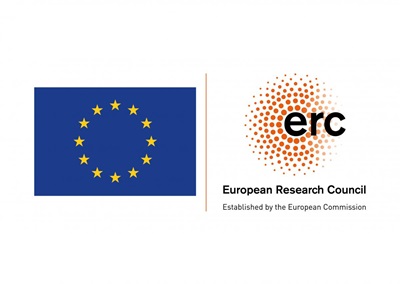Electrolyte solutions have numerous applications in state-of-the-art industrial processes and show great potential for future technologies. This project aims in understanding the thermodynamics of such solutions and the development of engineering models based on a sounder theoretical basis that will exhibit superior predictive ability and reduced need for parameter adjustment.
Electrolyte solutions are present in various industrial processes, like water desalination, fertilizer production and hydrocarbon extraction, and they are highly relevant to future, innovative technologies, like CO2 capture.
Accurate knowledge and understanding of thermodynamics of such solutions will aid in the optimization of existing industrial applications, as well as the development of more advanced technologies.
The goal of this project is to benchmark and further develop electrolyte SAFT type models, more specifically the eSAFT-VR Mie equation of state[1] with a Debye-Hückel term for long-range, electrostatic interactions and a Born term for accurate representation of the Gibbs energy of solvation.
The evaluation of this equation of state will be based on a wide range of conditions and different properties, single phase (density, activity and osmotic coefficient, derivative properties, etc.) and phase equilibrium, to systematically identify shortcomings of the various expressions used for the description of the different phenomena in electrolyte solutions, namely long-range electrostatic interactions, hydration etc..
These findings will enable further development of the electrolytic terms of the proposed equation of state, to ultimately arrive at a model with sounder theoretical basis, superior predictive ability and reduced need for parameter adjustment.
The project is expected to take place mostly in NCSR "Demokritos" with shorter periods at both DTU and Texas A&M in Qatar.
Head of project: Georgios Kontogeorgis

“This project has received funding from the European Research Council (ERC) under the European Union’s Horizon 2020 research and innovation programme (grant agreement No 832460)”.